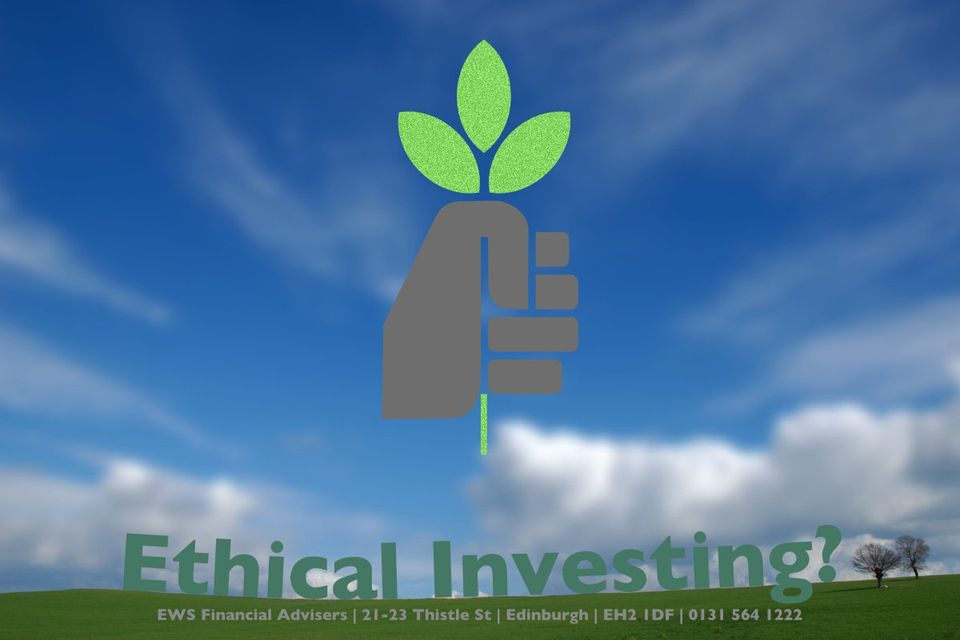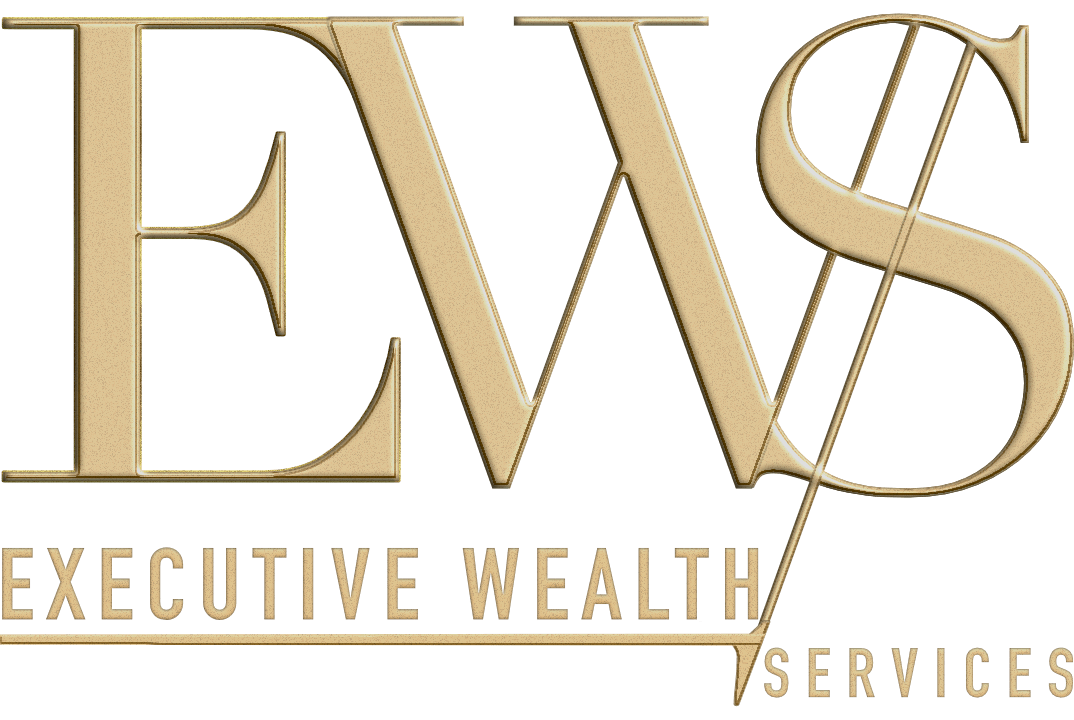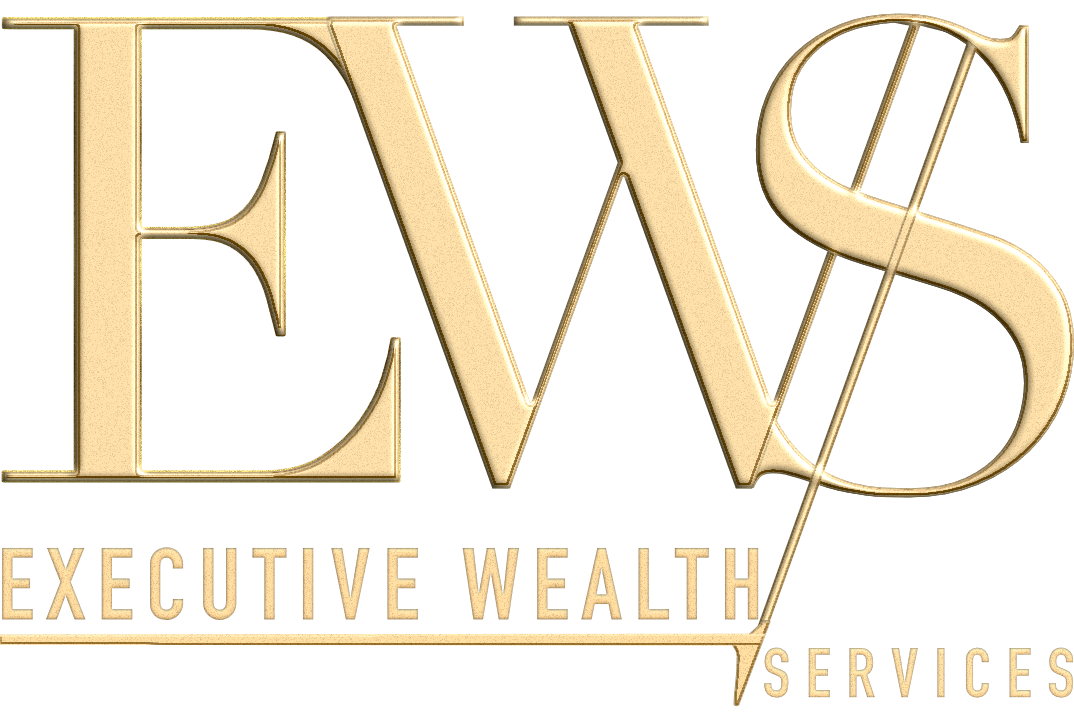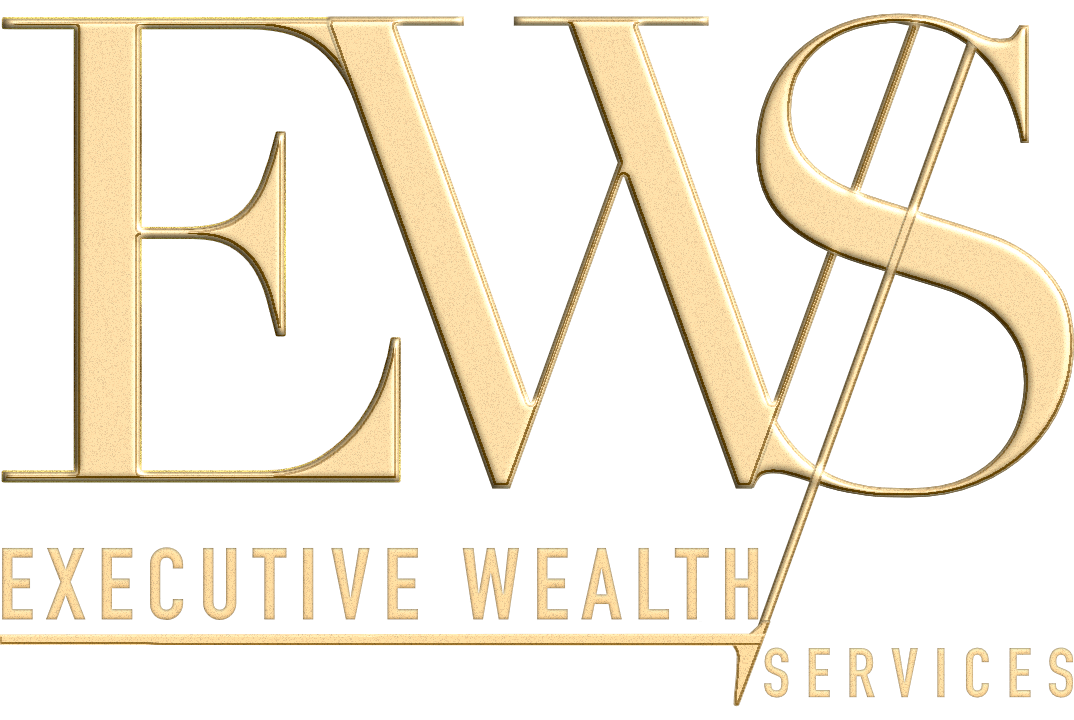ESG Ethical Investments
David Garvey • June 11, 2020
What is ESG?

Environmental
- do they think about the positive (and negative) impact their past, present and future operation has on the local, national, and global communities? Are they responsible in how they work, who they work with, and are their processes progressive?
Social
– can they demonstrate how they look after, encourage, and promote responsible values to stakeholders and the wider communities in which they operate? How robust are their data protection and privacy policies? Human rights? Gender and diversity?
Governance
– profit is not a bad word. Profit at the expense of all else is. Who are the business leaders, do they have policies in place for ‘whistleblowers’, for bribery and corruption? Do they make political contributions or lobby special interests? Do they have a clear oversight structure?
Can ethical investments still be profitable?
With both the quality and quantity of ESG funds growing, David Garvey MD of EWS Financial Advisers feels the space is becoming increasingly important. ‘The environmental imperative we all face is, finally, being recognised as a financial imperative.
Society is more engaged and regulators are also beginning to recognise that climate risk can present an issue to financial stability."
This growing momentum means that any standards not acceptable to ESG investors are highlighted and disseminated on social media, which affects both consumers and company boards and directors - they don't want to be in charge of a company called out in the media. Of course, we’d all rather policies and processes were changed because it’s the right thing to do, but if it takes self-interest to change – that’s ok too.’
So the oft-quoted Milton Friedman, he of the Friedman Doctrine, argued in 1970, ‘…that companies' only social responsibility is to maximize shareholder value…’ - in effect to make money for those holding the stock. Thankfully, shareholder profit above all else is no longer a viable strategy…
Can I choose where my money is invested?
As specialist advisers on ethical investment, we have years of experience in balancing client’s financial objectives with ethical, social, and environmental concerns. At EWS, ethical investment is wholly embedded into every area of our internal processes which select the best assets for our clients in conjunction with their wishes and ethical preferences.
We believe in driving and accelerating cultural changes in business and society through ethical investment.
Like many of our clients, we believe that investing ethically and building awareness of ethical investment will help us to build a better future for everyone.
Do ethical investments underperform the market?
Our research shows that ethical investments can perform as well, and sometimes better, than ‘standard’ investment types and strategies. The performance of any portfolio depends on many critical factors such as asset allocation, diversification, the time frame of the investment, and portfolio charges. These are a few of the more prominent considerations that our investment committee regularly monitors and reviews.
Risk reduction is important, but many more people are coming around to the notion that strong ESG traits can be viewed as indicators of companies with exemplary management teams, and are therefore a better long-term investment. After all, concern about ESG factors goes hand in hand with long-term thinking, and the ability to consider future outcomes demonstrates a clear vision. Strategising and planning decades in the future is a necessary shift in the business world, where too many CEOs chase short-term quarterly profits. Thinking about how a business impacts various stakeholders requires a level of holistic, creative thinking that shouldn't be underestimated as a competitive advantage.
According to a US SIF
(Forum for Sustainable Investment) 2018 Report
on Sustainable, Responsible, and Impact Investing Trends, total ESG assets have jumped 38% to $12 trillion since 2016, in the U.S. alone. These assets represent 26% of the total U.S. assets under management. To put that into context, when US SIF first measured the size of the market in 1995, it was $639 billion; the space has increased 18-fold and has since enjoyed a compound annual growth rate of 13.6%.
There are a variety of reasons why this style of investing is becoming more mainstream. A frequently cited reason is that millennials consistently show a tendency to crave social responsibility, whether it's in the products they purchase, the organisations they work for, or their investment portfolios.
This activist attitude has been reshaping many aspects of how business works in our society, including companies' increasing willingness to incorporate ESG strategies into their business models and taking public stands on issues previously considered too controversial. Why? Millennials are a massive generation, comprised of at least 71 million individuals who were born between 1981 and 1996 in America alone. According to Accenture, Millennials represent $600 billion in annual spending in the U.S., a figure expected to grow to $1.4 trillion annually by 2020.
What if a company does something I don’t like - can I move my money easily?
We have an established in-house research team, consistent with our commitment to advise on opportunities that are sustainable and ethical. Our clients’ values will not be compromised by investment in companies that do not satisfy our high standards.
The research team reviews the behaviours, actions, and pursuits of the companies we invest with simultaneously analysing the environmental deeds and acts of those they work with.
Does my adviser give me any reports or company background before I invest in them?
We will complete a full financial fact find with you, assess your risk tolerance, listen to your ethical preferences. Then we will provide you with a full financial planning report setting out our advice on how best to invest your money with due regard to the ethical parameters you as an individual investor, set. This report and ancillary documentation you provide all the information you will need to make an informed choice on whether to proceed or not.
Does ‘ethical’ investment advice cost more?
Our fees for managing your investment portfolio are straightforward. Our fee is calculated as a percentage of the value of your portfolio and we are always clear, fair, and transparent about all the charges associated with an investment.
Our view is that you do not have to ‘pay more’ for ethical investment advice and it can often be provided at the same level of cost as standard investment advice. Nobody should pay more for doing the right thing.
EWS Financial Advisers - it's good to talk!
Hopefully, the mystery around ‘ethical’ investments has been somewhat demystified for you? If you’d like any further information or just a philosophical chat, please just give us a call or drop us a note.
EWS Blog

Investors may be missing out on tens of thousands of pounds due to highly charged pension and investment contracts. In some cases, savings are being poured into pension and investment portfolios which are packed with hefty charges and advisors’ fees which may not be as obvious as they could be. Often, the performance of popular packaged investment solutions do not achieve what is hoped, leaving them even further out of pocket. According to Chartered Financial Planner David Garvey, Managing Director of Edinburgh-based Executive Wealth Services (EWS), the double hit on their savings can add up to significant amounts of money which many investors don’t even realise they are losing. Recent portfolio reviews carried out on behalf of up to 70 investors by EWS revealed every one of them to be haemorrhaging money which, with alternative and more appropriate advice, could have stayed in their own accounts. It means some high-level investors may reach retirement age short of thousands of pounds. The findings have led Mr Garvey to urge investors to undertake a full review of their financial portfolios to ensure they are not among many losing out on precious income and capital growth. He said: “There are lots of packaged investment products out, especially those offered by large insurance companies, where investors are being shoe-horned in by the via advisory distribution channels but which are loaded with costs and fees.” “I am concerned that in some cases, they are being encouraged to invest to help suit their adviser’s income requirements rather than to achieve the best outcomes for their money. “Investors should ask themselves what is in it for who is advising them, and why are they directing their investments towards certain kinds of ‘active’ investment portfolios which tend to attract higher charges. “My concern is that clients are being pushed into underperforming investments and are paying through the nose for them, yet the advisers continually benefit.” A key concern surrounds the number of investors guided towards ‘active investing’, in which analysts buy and sell investment instruments in an effort of beating the market, large scale studies over decades by many prestigious bodies and institutions shows that this rarely works as a strategy. The style of investing can be touted as offering good investment potential, however Mr Garvey warns that investors can sometimes be unaware that portfolio managers often quote returns without including management fees. That can lead to them ploughing money into an ‘active’ portfolio hoping for higher returns, unaware that they are being hit by mounting transaction and fund management costs, plus annual platform and advisory fees. These comments are endorsed by the Financial Conduct Authority ‘sector review’ last week which assesses potential financial losses over the next 5 years of some £40bn due to unsuitable product choices or investment strategies which it states could cause ‘significant consumer harm’. Instead, a ‘passive’ low cost index tracking fund which limits buying and selling of stocks and shares is often a more cost-effective choice. “A passive strategy requires a buy-and-hold mentality that resists the temptation to react or anticipate the market’s every move,” says Mr Garvey. “In our experience the difference in annual costs of investing passively as opposed to actively can be as much as 1-2.5% additional cost per annum. In round figures that can be as much as £12,500 on a portfolio value of £500,000. “Over the lifespan of an investment portfolio - which can be as long as two or three generations when the portfolio is subject to intergenerational succession - these costs can be hugely detrimental to the net return achieved by the investor.” "I would urge investors to consider a free, no obligation financial health check which can help highlight areas within their financial portfolio which are under-performing or are being eaten into by unnecessary costs and fees." We are an independent, fee-based financial adviser firm regulated by the FCA, with extensive experience of helping investors achieve the best possible return while ensuring portfolio management costs are clear, fair and transparent. To find out more and arrange a free ‘second opinion’ on a financial portfolio, just contact us - there's always a hot coffee on the go ;)

Whenever there’s a discussion about active or passive investing, it can pretty quickly turn into a heated debate because investors and wealth managers tend to strongly favour one strategy over the other. At EWS (Executive Wealth Services), the central investment proposition leans toward a passive approach to investments, on the basic principle that keeping costs as low as possible is a cornerstone of maximising client outcomes. Passive investing is also in keeping with our clear, fair and transparent approach to investment affairs in that passive fund managers tend to quote returns net of charges whereas most active managers tend to quote their returns gross. In our experience the difference in annual costs of investing passively as opposed to actively can be as much as 1 to 2.5% additional cost per annum, in round figures that can be as much as £12,500 on a portfolio value of £500k. Over the lifespan of an investment portfolio which can be as long as two or three generations when the portfolio is subject to intergenerational succession, these costs can be hugely detrimental to the net return achieved by the investor. It should be remembered that on top of fund management costs, annual platform and advisory costs will also be payable pushing up the costs and the ‘hurdle rate’ of a portfolio even further. As if the demands on the portfolio after this were not substantial enough the conscientious investor must always add inflation into his calculation when determining his ‘Real Return’. Thus, in a number of portfolio’s that we at EWS have reviewed and analysed in the recent past we have saved our clients significant sums on their annual charges and provided an environment more conducive to growth. What is Active Investing? Active investing, you’ll not be surprised to learn, requires someone to act in the role of portfolio manager. The goal being to beat the stock market’s average returns and be able to immediately take advantage of short-term price fluctuations. The role requires a much deeper analysis and the expertise to know when to buy into or out of a particular stock, bond, or other asset. A portfolio manager usually oversees a team of analysts who look at qualitative and quantitative factors, then make educated choices to try to determine where and when that price will change. So, while the active money manager will argue they’ll perform better in a rising market, they also argue that they will lose less in a falling market. Active investing requires investor confidence that whoever is investing the portfolio will know exactly the right time to buy or sell. Successful active investment management requires being right more often than wrong. The SPIVA Scorecard is a robust, widely -referenced research piece conducted and published by S&P DJI that compares actively managed funds against their appropriate benchmarks on a semi-annual basis. They offer analysis on actively managed funds performance in the following countries and regions: Australia, Canada, Europe, India, Japan, Latin America, South Africa, and the U.S. The SPIVA scorecard highlights that, “…actively managed funds have historically tended to underperform their benchmarks over short- and long-term periods. This has tended to hold true (with exceptions) across countries and regions. Another recurring theme is that even when a majority of actively managed funds in a category have outperformed the benchmark over one time period, they have usually failed to outperform over multiple periods.” https://us.spindices.com/spiva/#/about The SPIVA card scores 78.52% of Large Cap funds in the US underperformed S&P 500 in the US over the five years to June 30th 2019. In Europe, over the same time period, 77.53% of actively managed funds underperformed the S&P Europe 350 index. These statistics have been confirmed and reconfirmed for many years by the most robust academic research. What is Passive Investing? If you’re a passive investor in low cost index tracking fund you limit the amount of buying and selling within portfolios, making it a very cost-effective way to invest - not least to avoid transaction costs of every buy or sell action. A passive strategy requires a buy-and-hold mentality that resists the temptation to react or anticipate the market’s every move. The prime example of a passive approach is to buy an index fund that follows one of the major indices like the FTSE 100 or 250. Whenever these indices ‘promote’ or ‘relegate’ their constituents, the index funds that follow them automatically revise their holdings by selling the stock that’s leaving and buying the stock that’s joining the index. This is why a ‘promoted’ stock into one of the major indices is no small matter - it guarantees that the stock will become a core holding in thousands of major funds. When you own tiny pieces of thousands of stocks, you earn your returns simply by participating in the upward trajectory of corporate profits over time via the overall stock market. Successful passive investors keep their eye on the prize and ignore short-term setbacks or even sharp downturns. It is possible to blend in huge levels of asset class, geographical and investment sector diversification into the index tracking philosophy to create blended off the shelf investments suitable for the average retail investor. Hollywood and novelists tell big stories filled with buying and selling stocks and bonds and all of the associated jargon – but they distance the average investor from the data that informs. Investing can be a very simple and cost-effective process. The barriers to understanding often result in investors feeling out of their depth and so place their trust in sales orientated advisory solutions which are actually detrimental to the life objectives that they are trying to satisfy. In summary, you may think a professional investment manager’s skill, vast financial resources and all that technology would trump a basic index fund? Generally, they don’t. If we look at performance and cost, in our opinion passive investing works best for most retail investors. Study after study (over decades) shows disappointing results for active management. Only a small percentage of actively managed funds ever do better than passive index funds. Accepting that passive investment is the most appropriate avenue for the vast majority of our clients allows us to spend more time honing the critical factors of their investing, i.e. their motivations and objectives. By minimising costs and maximising performance we find that more and more of our clients are able to enjoy the fruits of their decisions; for family, health and wellbeing. It is as true now as ever it was; investment philosophies should be all about alignment to each client’s specific goals and risk profile. Author and Chartered Financial Planner David Garvey BA APFS is Managing Director of EWS Financial Advisers Tel – +44 (0)131 564 1222 EWSFinancialAdvisers.co.uk are a fee-based independent financial adviser firm regulated by the FCA.




